Tish Murtha was a firm believer that photography could be a tool for social change – here, her daughter Ella reflects on the importance and continued relevance of her work
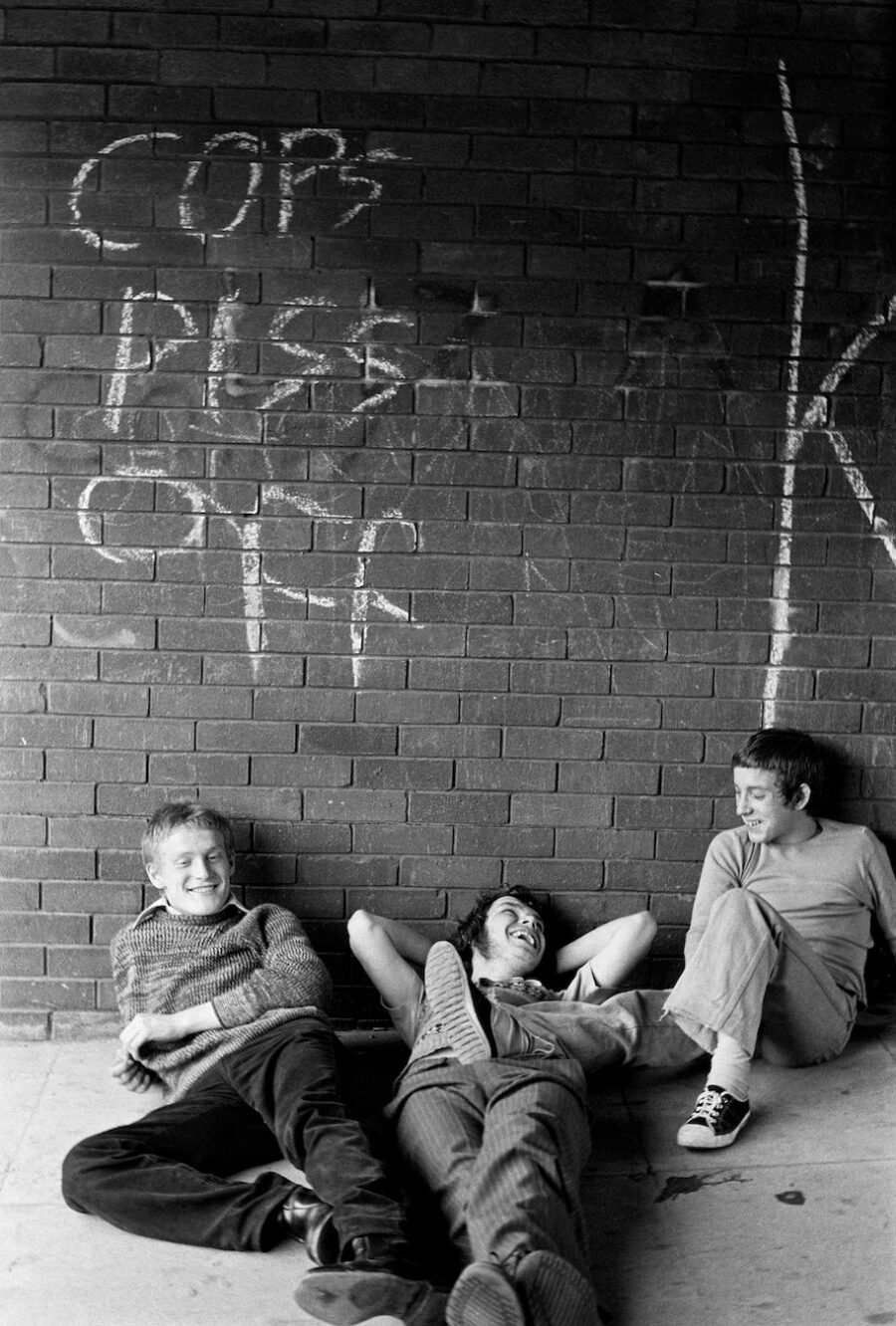

Tish Murtha was a firm believer that photography could be a tool for social change – here, her daughter Ella reflects on the importance and continued relevance of her work
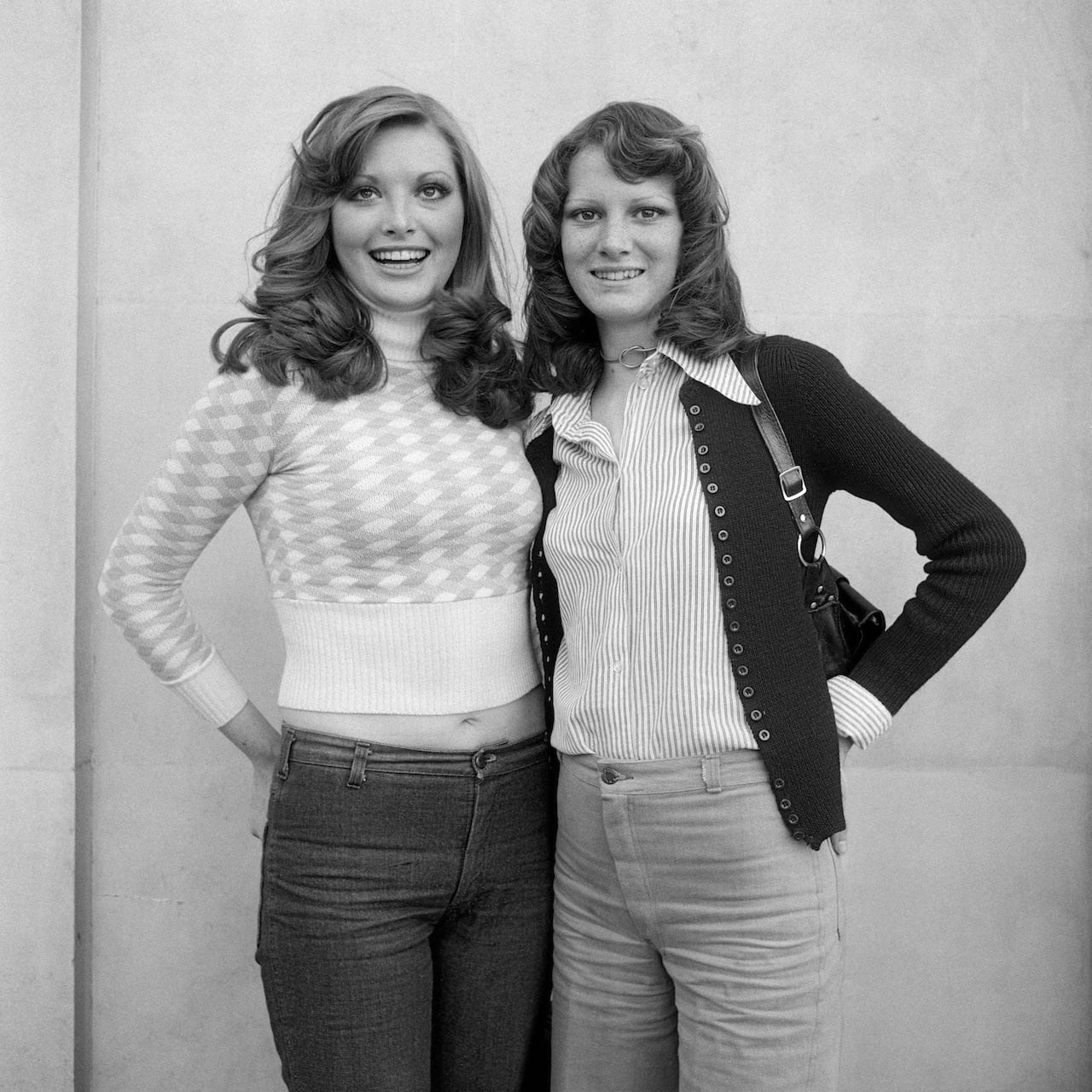
Founded in 1997 the Pingyao International Photography Festival is China’s most prestigious photo festival, featuring images from more than 50 countries each year in indoor and outdoor venues across the UNESCO-listed ancient city. This year it includes a huge exhibition called Distinctly, which is curated by Open Eye Gallery’s Tracy Marshall and which will travel to Merseyside in 2019 as one of the main exhibitions of LOOK International Photo Biennial.
Featuring work by 12 documentary photographers – Martin Parr, Chris Killip, Daniel Meadows, John Myers, Markéta Luskačová, Tish Murtha, Ken Grant, Paul Seawright, Niall McDiarmid, Robert Darch, Elaine Constantine, and Kirsty MacKay – the exhibition “takes a unique approach to the depiction of Britain and its distinct landscapes, industries, social and economic changes, cultural traditions, traits and events” over the last six decades says Marshall. “The exhibition looks at the gentle, the humorous, the starkness, the beauty, and the realities experienced and captured by the photographers around their lives living and working in Britain,” she adds.
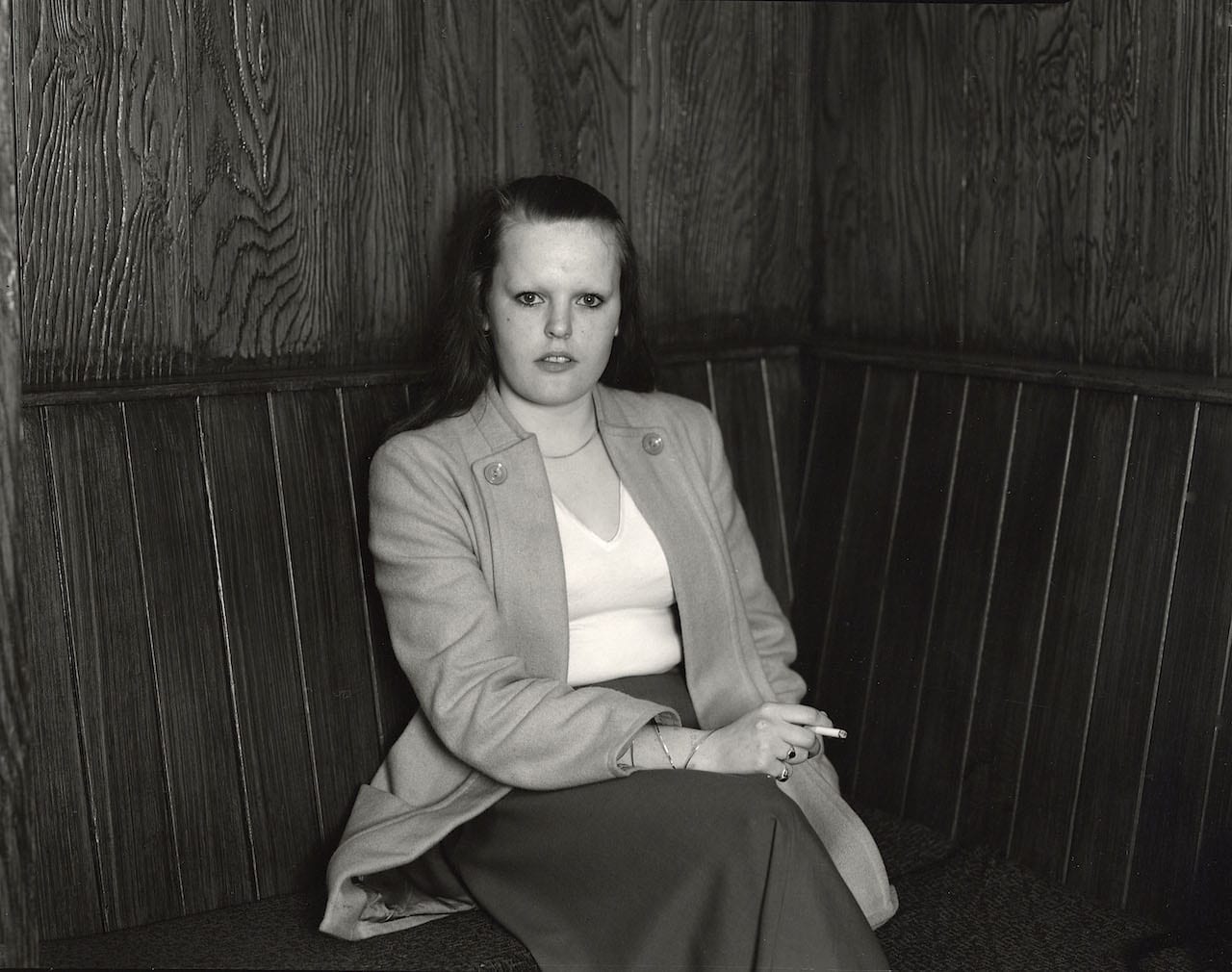
“I think women photographers are very good at building relationships with their subjects” says Sirkka-Liisa Konttinen, co-founder of Amber, a film and photography collective based in Newcastle that aims to capture working-class life in North East England. “They are more interested in the personal stories, and through these they get a much more intimate look into their subject’s lives.”
Women by Women is a major presentation of the work of five female photographers working in the North East from the 1970s – 2000s. Curated by Konttinen, the photographs are drawn from projects originally commissioned by Amber, and the exhibition forms part of Idea of North season at the BALTIC Centre for Contemporary Art in Newcastle.
“The North is often associated with the male more than the female, in terms of what has been documented,” says Konttinen. “I thought it [the show] would make a strong statement about our collection being more balanced than is perceived by the outside world. It’s the idea of bringing women into the picture of the whole concept of the North.”
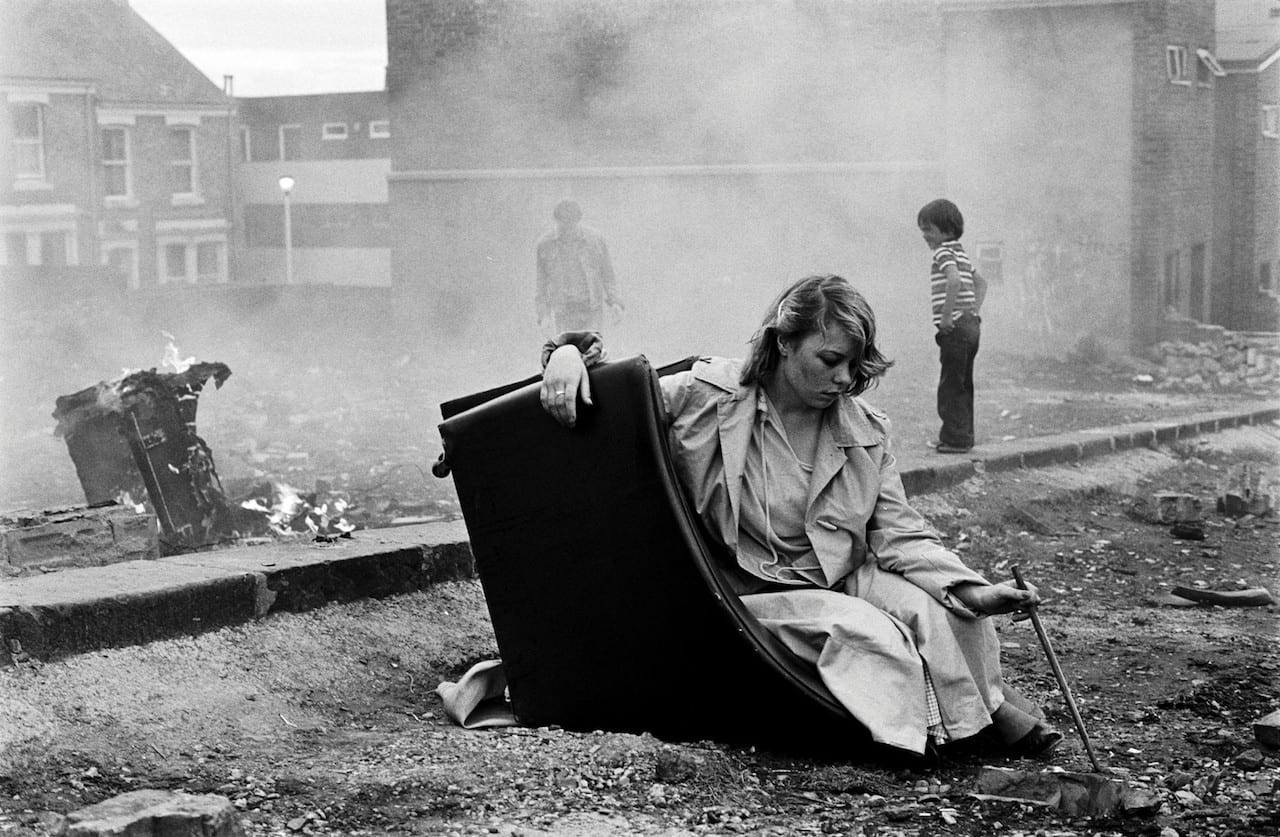
“Tish believed that photography was an important form of visual communication that could stimulate discussions about real life situations and captured accurate records of the world we live in. She was trying to force people to look at the truth and learn from it,” explains Ella Murtha, the daughter of the documentary photographer. In honour of her mother’s memory, Ella has put together a new photobook, Youth Unemployment, which gathers Tish Murtha’s work photographing poverty-ridden communities in Newcastle in the 70s and 80s. Raw, powerful and emotional, Murtha has captured youngsters trying to survive turbulent economic times, when they had limited prospects – something which has recently come full circle as a new generation has had to deal with the global financial crisis.
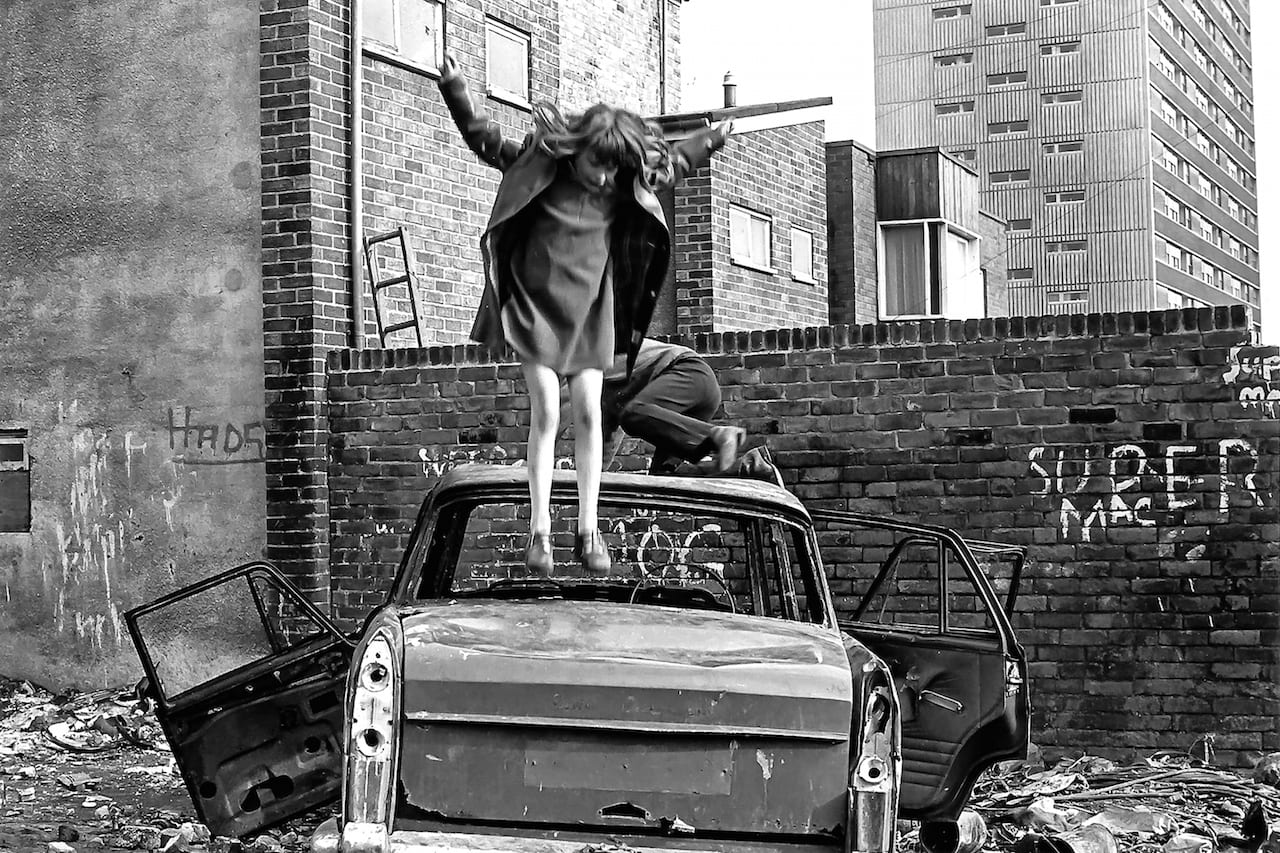
“She believed that photography was an important form of visual communication that could stimulate discussions about real-life situations and captured accurate records of the world we live in,” Ella Murtha told BJP last year. “She was trying to force people to look at the truth and learn from it.” Born in South Shields in 1956, Tish Murtha left school aged just 16 and supported herself by selling hotdogs and working in a petrol station. She found her way into photography anyway, studying at the influential School of Documentary Photography at Newport College of Art, then returning to the North East to record the social deprivation she herself had suffered, as well as photographing in London.
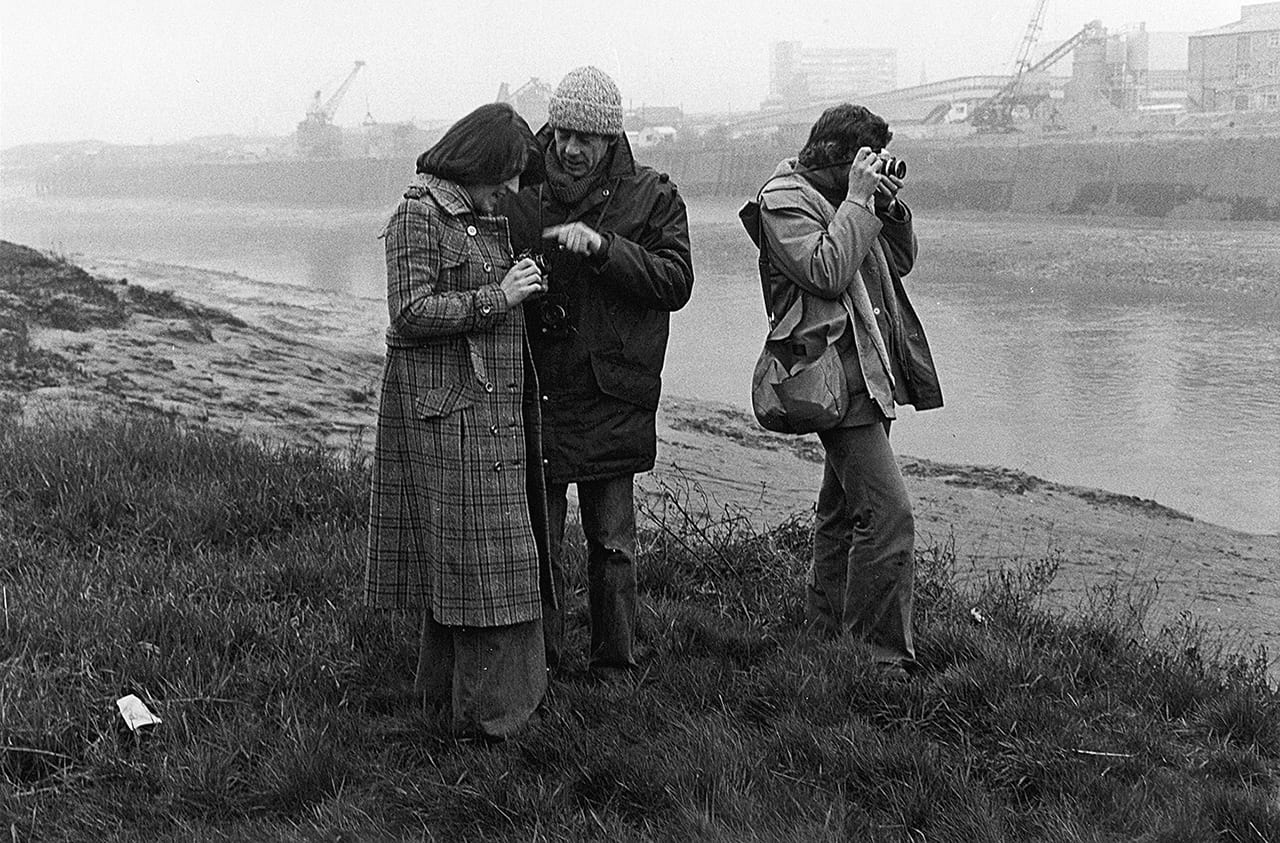
For over four decades, the documentary photography course has forged a reputation as one of the UK’s leading photography teaching destinations. In fact, the very first photography class can be dated back even further to 1912, when it was introduced by the head of the school of art at Newport Technical Institute. The course, however, was set up in 1973 by Magnum photographer David Hurn as a 12-month Training Opportunities Scheme to ‘re-skill’ miners and steelworkers.